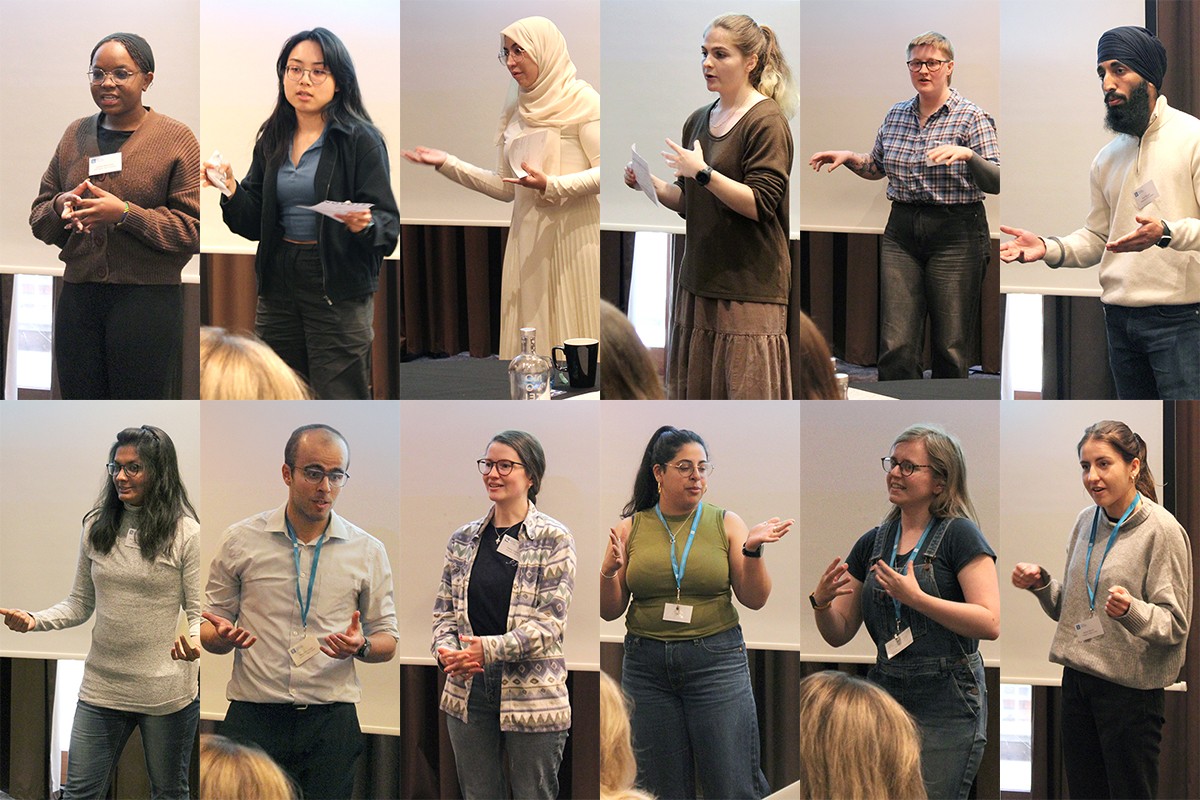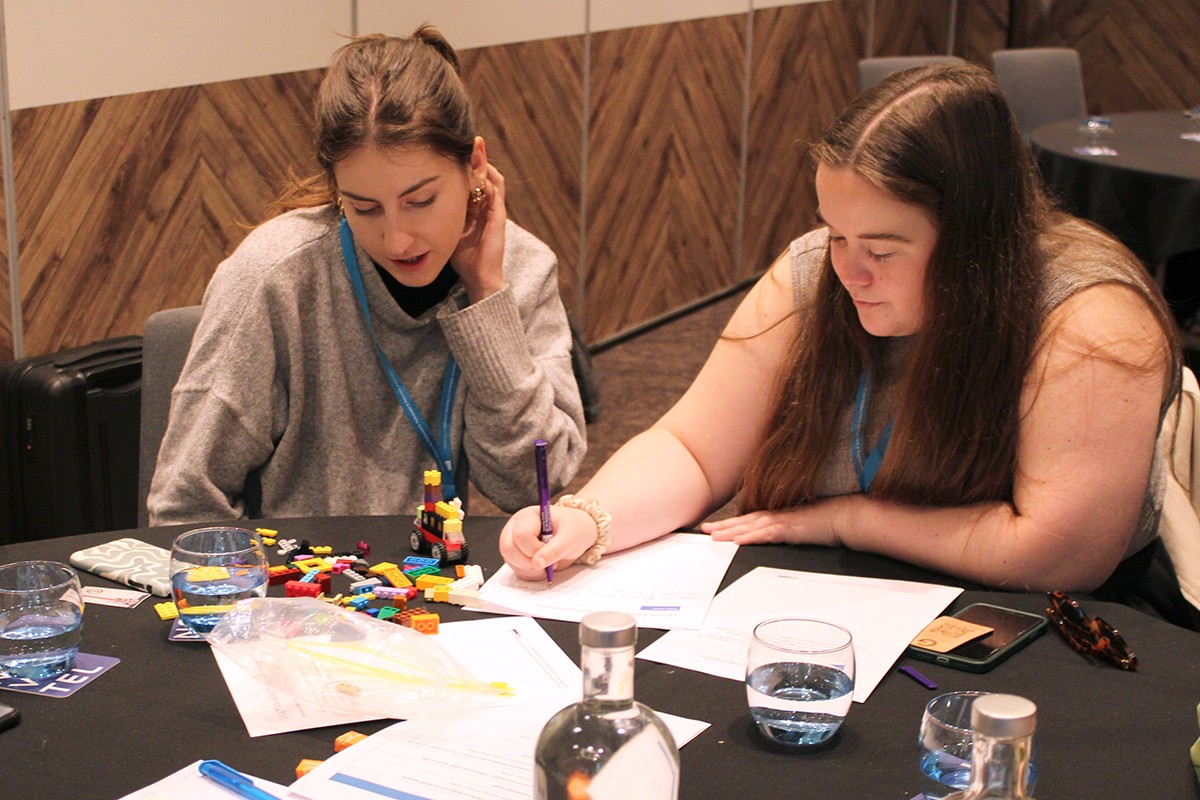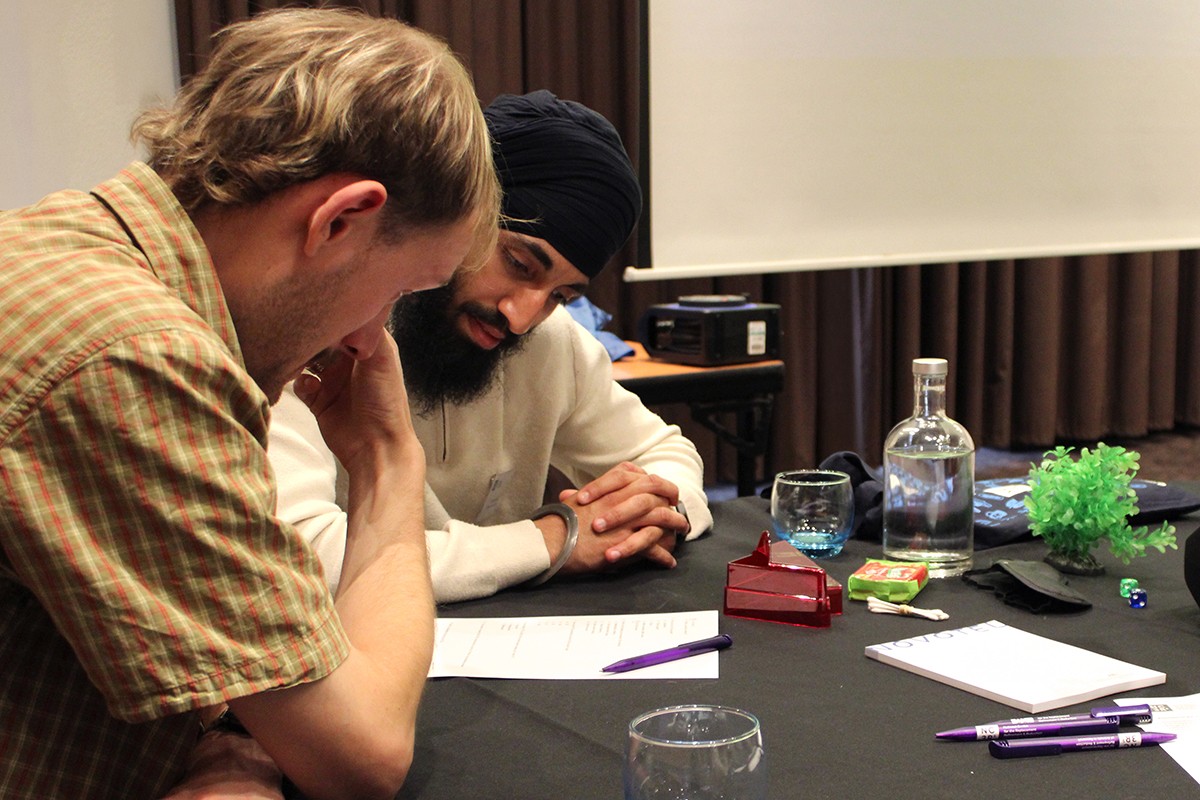Training the next generation of scientists
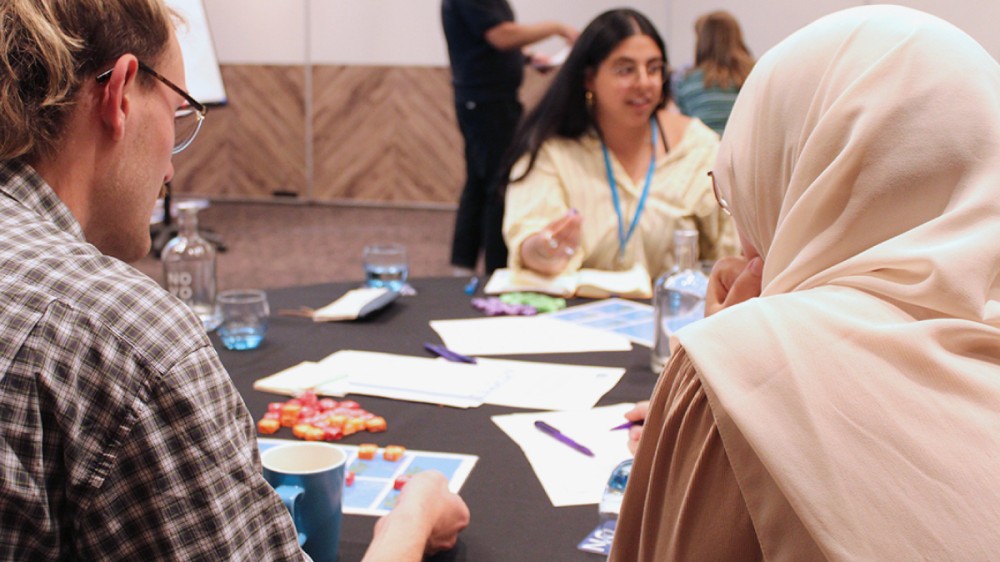
Our annual summer school supports early career researchers in their role as ambassadors for the 3Rs, throughout their PhD and beyond.
As part of our extensive curriculum of training to support researchers in advancing the 3Rs and their careers, we were delighted to welcome BBSRC-funded PhD students* alongside our own cohort of NC3Rs-funded PhD students to this year’s summer school. Early career researchers are central to building a community of scientists who will champion the 3Rs throughout their careers and the support we provide, including skills development and networking opportunities, is designed with this long-term impact in mind. Expanding our bespoke 3Rs training to PhD students working on BBSRC-funded research projects further strengthens our ongoing collaborations with the BBSRC to realise the 3Rs potential of emerging technologies and techniques across the biosciences.
Through workshops, lectures, interactive activities, quizzes and group exercises, our summer school brings students together from across the UK, working in different scientific disciplines and using a wide range of approaches. This year’s group of early career researchers included NC3Rs-funded students focusing on developing replacement models and 12 BBSRC-funded students keen to explore how they can embed the 3Rs in their research. Their projects include microfluidic, organoid and computational approaches in a range of research fields including cardiovascular biology, neuroscience and oncology, alongside studies on animal behaviour and cognition aiming to improve the welfare of laboratory animals. During the three-day event organised by Joanne Nolan (Programme Manager – Research Funding), students had the opportunity to discuss their projects in detail with NC3Rs staff, identifying the scientific and 3Rs benefits of their work and understanding their potential to replace, reduce or refine the use of animals. For many BBSRC-funded students, considering opportunities to incorporate the 3Rs in their research and the potential 3Rs impacts of their work offered a new perspective on their projects.
All of the students reported a better understanding of the 3Rs and increased confidence to discuss the 3Rs impacts of their research as a result of the summer school. In our feedback survey, 96% also said that they had a better understanding of how to implement the 3Rs in their work. We were delighted to hear that networking with other early career researchers was a key highlight, closely followed by our communication sessions and reproducibility workshop.
“Embedding the 3Rs in training for early career researchers is vital to ensuring that the next generation of scientists are not only skilled in world-class bioscience, but also confident in understanding and communicating the 3Rs impacts of their research. It has been excellent to collaborate with the NC3Rs on this summer school, which supports our shared ambition to advance both scientific excellence and animal welfare.”
– Robert Hardwick, BBSRC Interim Associate Director for People and Talent.
Learn more about how NC3Rs-funded PhD students and postdocs are driving the uptake of the models that they develop, supported by our early career engagement award scheme.
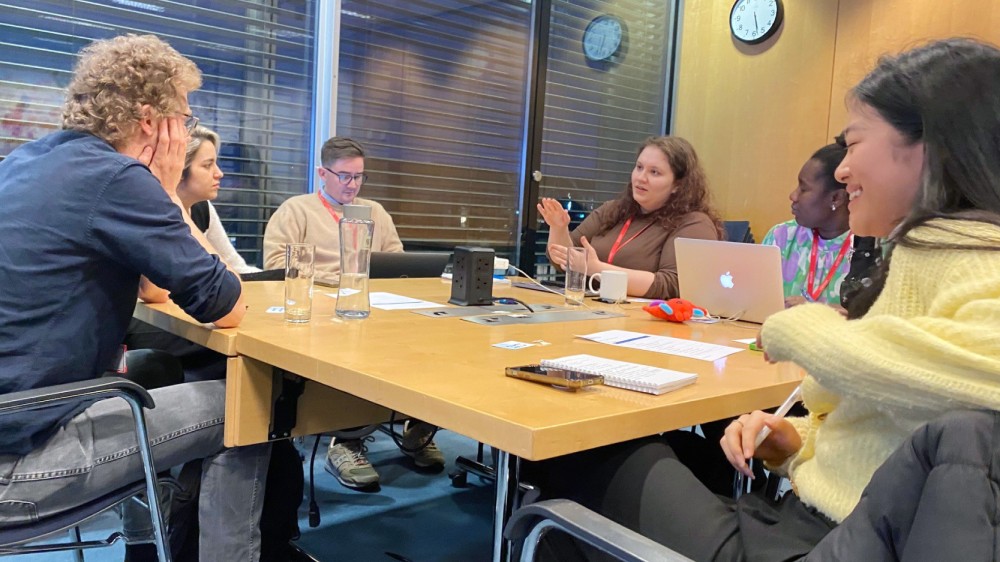
Read our guidance on communicating 3Rs research for professional and public audiences.
Browse experimental design and reporting topics in our resource library.

